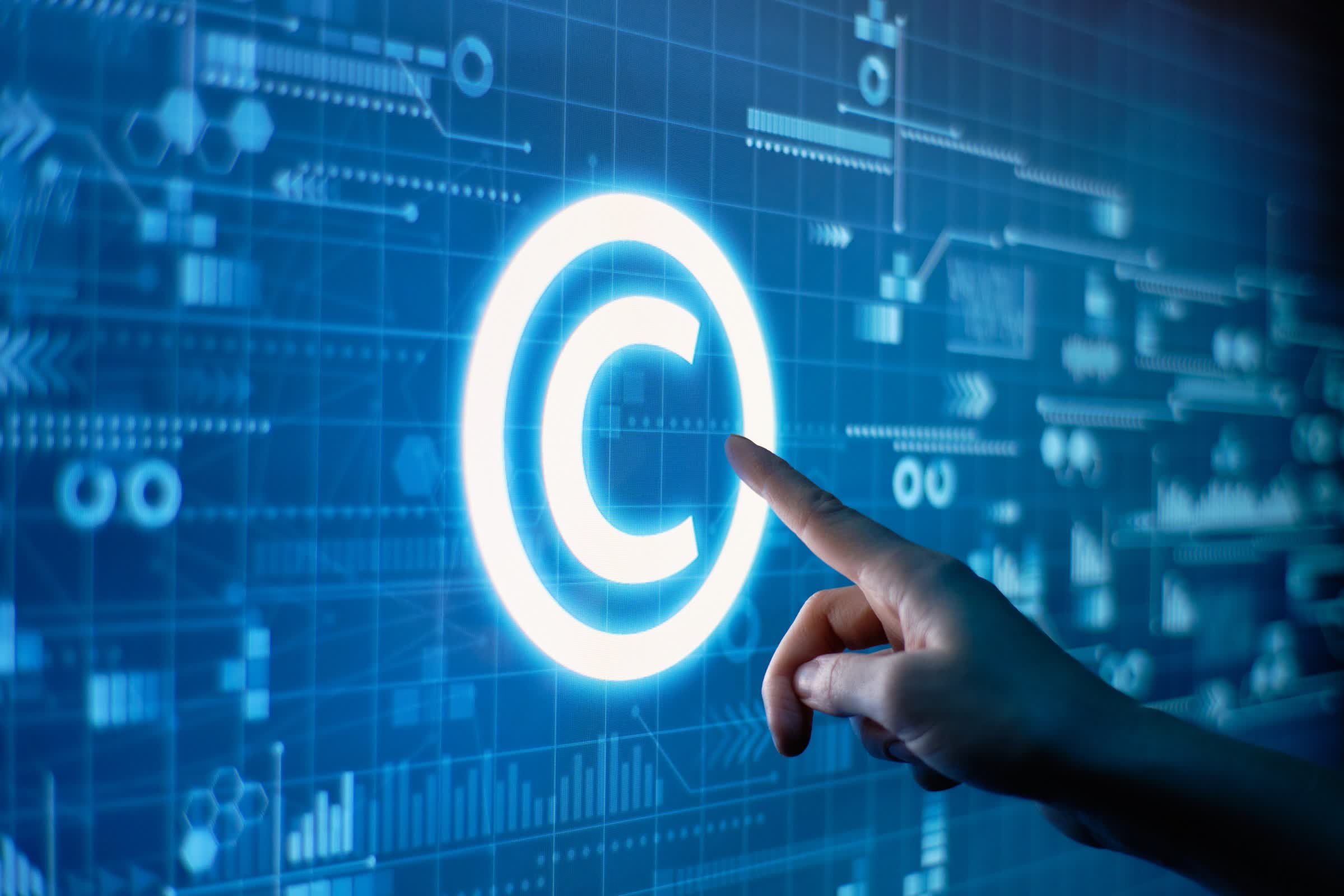
Denmark has proposed sweeping legislation to curb the rise of AI-generated deepfakes, positioning itself as a leader in European digital rights protection. The suggested amendment to Danish copyright law would grant individuals explicit ownership of their image, voice, and facial features – empowering them to demand the removal of unauthorized digital copies from online platforms.
The move comes as deepfake technology grows more accessible and sophisticated. These digital forgeries convincingly replicate a person's appearance or voice, creating false impressions of actions or statements they never made. The consequences have been global, with high-profile targets like Taylor Swift and Pope Francis. Misuse of the technology has raised serious concerns about privacy, misinformation, and digital identity theft.
Officials are calling the forthcoming law the first of its kind in Europe. Culture Minister Jakob Engel-Schmidt told The Guardian that everyone has a fundamental right to control their own body, voice, and facial features – rights current legislation fails to protect against misuse by generative AI.
"Human beings can be run through the digital copy machine and be misused for all sorts of purposes and I'm not willing to accept that," said Engel-Schmidt.

This deepfake of Pope Francis was created using the generative AI tool Midjourney and subsequently posted on Reddit.
Under the proposed legislation, individuals would have the legal right to demand the removal of any deepfake that uses their likeness or voice without consent. If platforms refuse to comply, they could face "severe fines," a measure aimed at holding tech companies accountable. The law would also protect artists from unauthorized digital imitations of their performances, allowing them to seek compensation if their work is misused.
"It [is] high time that we now create a safeguard against the spread of misinformation and at the same time send a clear signal to the tech giants." – Culture Minister Jakob Engel-Schmidt
The bill includes specific exceptions to protect freedom of expression – parodies and satire would remain legal, ensuring the law doesn't restrict legitimate creative or critical works. Engel-Schmidt emphasized that while Denmark supports free speech, the law must give individuals the power to decide whether someone can manipulate their identity with generative AI.
The legislation has broad political backing, with nine out of ten members of parliament reportedly supporting the initiative. The Danish Culture Ministry plans to submit the proposal for consultation before the summer recess, with a formal introduction to parliament expected this fall. If passed, the law would not only set a national precedent but could also inspire similar measures across the European Union.
Engel-Schmidt has indicated plans to use Denmark's upcoming EU presidency to push for a unified European strategy to combat AI abuse.
"It was high time that we now create a safeguard against the spread of misinformation and at the same time send a clear signal to the tech giants," Engel-Schmidt said.
Landmark deepfake law aims to give Danish citizens legal control over their digital identity
